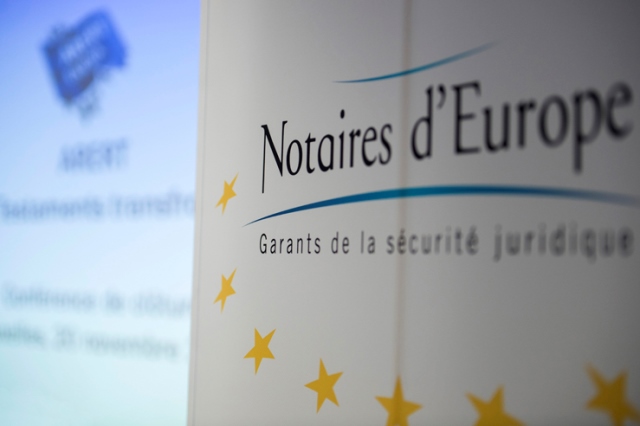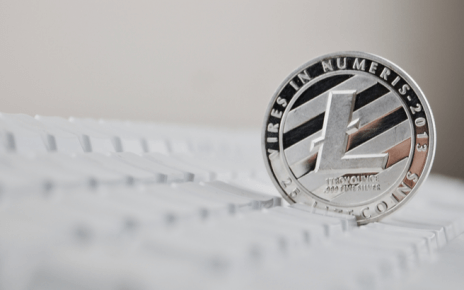The Council of the Notariats of the European Union (CNUE) organizes a discussion forum in the city of Valencia in Spain to discuss the future of the profession in relation to the blockchain technology.
Representatives from Spain, the Netherlands, Hungary, France, Germany, Austria, Belgium, Slovenia, Romania and Italy took part in the forum. Blockchain projects related to the notarial profession from the participating countries were presented at the forum and discussed later.
One of the conclusions was that the blockchain technology allows the notaries to amplify their geographical horizons when it comes to the security of the notarial process.
Luis Fernandez Bravo, the dean of the Colegio Notarial de Castilla La Mancha, said the blockchain technology can be used as a complement to the notarial profession, because it allow the creation of a notarial headquarters where the user can have all his documentation available in a digital form and this documentation would also be visible to all the notary offices as well. He also pointed out the importance of the certification of digital identity.
Jose Carmel Llopis, a notary from Ayora, explained to the participants the technological advances in the last few years, as well as the challenges, making emphasis on the irruption of the blockchain technology in all the ambits, including public and private ones.
The final conclusion of the notarial community was that the blockchain technology is here to stay, which is one of the reasons why they found necessary to adapt and keep offering their services in a better way. The president of the forum, Tamas Parti from Budapest said: “The development of the technology, the rising complexity of the economy, the rising migratory flow, generate new contractual processes, faster and geographically more expanded and thus create more extended legal processes. If we, the notaries, want to maintain our activities in these new and amplified processes, it is crucial that we adapt to them. This adaption does not mean we would have to give up our traditional activities, it means we should adjust the notarial practice to a new form, focused on the new processes.”
Robert Horvath from Hungary thinks the adoption of the blockchain technology would bring more work to the notaries in cases where a notarial authorization is still necessary. Domenico Cambareri, a notary from Italy, talked about a project called Notarchain, which would allow a secure storage and management of all the notarial information by using the blockchain technology.




